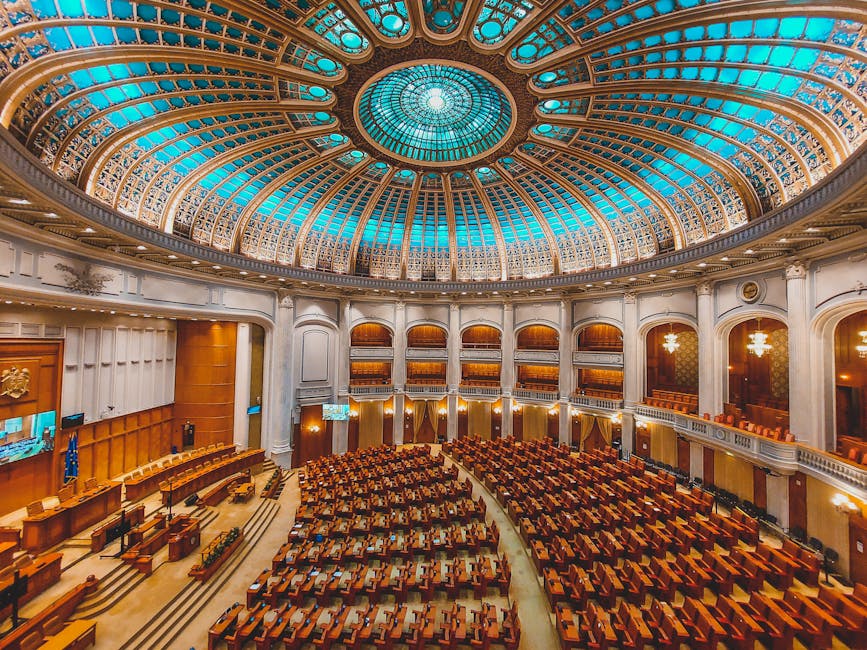The political and legal landscape in Telangana is heating up as the state’s contentious reservation policy comes under the scrutiny of the Supreme Court. The issue, which has been a long-standing point of debate, has now reached the apex court, prompting the Telangana government to convene a high-level strategy session to chart its course of action. The matter revolves around the state’s decision to increase the quota for socially and economically backward communities, a move that has sparked both support and criticism across the political spectrum.
The Genesis of the Quota Issue
In 2017, the Telangana Legislative Assembly passed a bill to increase the reservation quota for Scheduled Tribes (STs) from 6% to 10% and for Muslims from 4% to 12% in education and government jobs. This decision was aimed at addressing the socio-economic backwardness of these communities and ensuring equitable opportunities. However, the move faced immediate legal challenges, with petitioners arguing that the total reservation exceeded the 50% cap set by the Supreme Court in the landmark Indra Sawhney case (1992).
The issue has since been a legal battleground, with the High Court initially staying the implementation of the enhanced quotas. The matter eventually escalated to the Supreme Court, which is now set to hear the case in the coming weeks. The court’s decision could have far-reaching implications, not just for Telangana but for the broader discourse on reservation policies in India.
State’s Strategy Session: A Proactive Move
In anticipation of the Supreme Court hearing, the Telangana government has announced a strategy session involving legal experts, policymakers, and senior officials. The meeting, scheduled for later this week, aims to finalize the state’s arguments and ensure a robust defense of its reservation policy.
Chief Minister A. Revanth Reddy, who has been vocal about his commitment to social justice, is expected to lead the discussions. Sources close to the government indicate that the state will emphasize the unique socio-economic conditions of Telangana, particularly the historical marginalization of ST and Muslim communities, as justification for the enhanced quotas.
The government is also likely to argue that the 50% cap is not an inflexible rule and that exceptions can be made in cases where backwardness is deeply entrenched. Additionally, the state plans to present empirical data and expert opinions to substantiate its claims.
Political and Social Implications
The reservation issue has significant political undertones, especially in a state like Telangana, where caste and community dynamics play a crucial role in electoral politics. The ruling Congress party, which has championed the cause of social justice, sees the issue as a litmus test of its commitment to marginalized communities. On the other hand, opposition parties, including the Bharat Rashtra Samithi (BRS), have accused the government of using the quota policy as a political tool to consolidate its voter base.
Socially, the issue has divided public opinion. While many from the ST and Muslim communities have welcomed the enhanced quotas, others argue that such measures could lead to reverse discrimination and undermine meritocracy. The Supreme Court’s verdict, therefore, is being closely watched by various stakeholders, including civil society organizations, educational institutions, and the private sector.
What’s at Stake?
The Supreme Court’s decision on Telangana’s quota issue could set a precedent for other states grappling with similar challenges. It could either reinforce the 50% cap or open the door for exceptions based on regional and community-specific factors. For Telangana, the outcome will determine the fate of thousands of students and job aspirants from backward communities who stand to benefit from the enhanced quotas.
As the state gears up for its strategy session, the focus will be on crafting a compelling case that balances legal principles with social imperatives. The coming weeks will be crucial, not just for Telangana but for the broader debate on reservation policies in India.
Stay tuned for updates on this evolving story.




